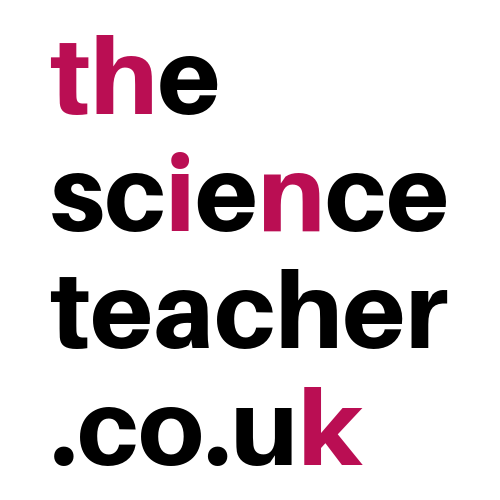Lesson planning in science
Teaching science can be challenging. When it works, of course, it is also incredibly rewarding for both students and teachers alike.
Science teachers are teachers of mathematics, practical skills, substantive scientific ideas as well as ideas about evidence and the nature of science. These ideas are often abstract and counterintuitive and learning them successfully often requires students to overcome deeply held misconceptions. Successful science lessons, then, require careful planning to prevent learning from becoming a cognitive mess.
To help, science lessons can be broken down into a series of episodes to make the planning, teaching (and hopefully) learning process a little easier. This can be especially helpful when starting out teaching science. There are many ways to approach lesson planning in science but I hope the EPIBA framework below is a useful starting point. You can then adapt this model as you see fit.
Lesson planning for science: the EPIBA framework
Lesson planning for science lessons. EPIBA is a simple approach to help scaffold and support science teachers to plan science lessons that enable students to make sense of the science they are learning. Remember, start with what you want students to learn and then plan the activities to best teach that content. (PDF)
Download the blank science lesson planning pro forma. This blank pro forma uses the EPIBA approach summarised above. You can edit this document to produce your own science lesson plan (PDF).
Using research to plan science lessons
My book ‘Powerful ideas of science and how to teach them‘ introduces a slightly different model to plan science lessons and takes you through how to use it in the classroom in far more detail than I’ve done here. It draws on a range of supporting research to help explain why specific teaching approaches may work (or may not work) in your classroom so that the model can be adapted and refined from an informed perspective.
Planning whole-class practical lessons
See the page on whole-class practicals for further information on how to plan and manage great practical work.
Many of the ideas within EPIBA were born out of fruitful discussions with Jill White.
- Planning lessons: the EPIBA approach
- Clearly defined lesson objectives
- The Do Now
- Activate prior knowledge
- Challenge your students
- Use a context
- Challenge all students appropriately
- Use direct instruction to provide clear explanations
- Model abstract ideas in concrete ways
- Use questioning to probe understanding
- Check for understanding – give and get feedback
- Troubleshooting – why did it go wrong?

